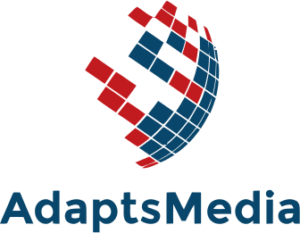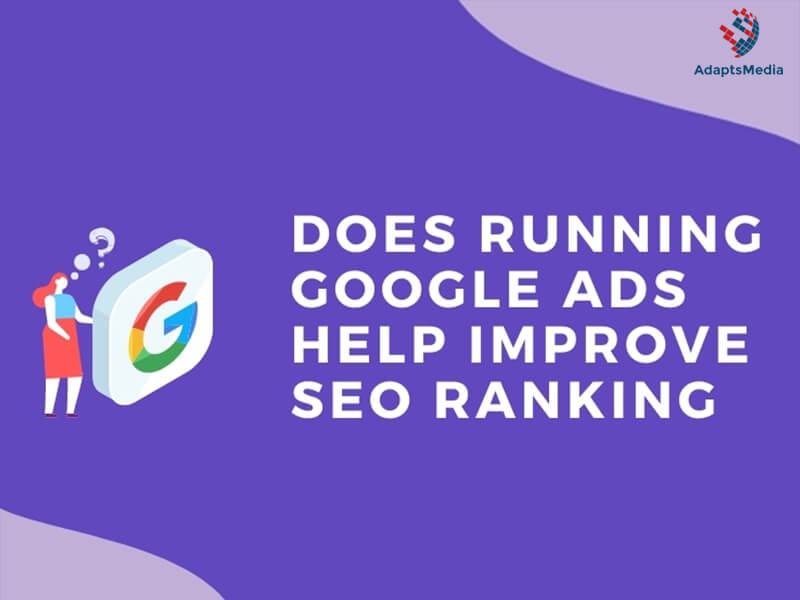You might have always thought that spending on Google ads won’t do much good to your Search Engine Optimization endeavors. But, Google has always been very clear about its ranking policies. The content, page experience, and dwelling time of the users on the web pages are some of the primary factors they consider. Consequently, paying for the ads won’t simply bring you to the top of SERP.
You might be thinking about why it’s always recommended to implement an omnichannel strategy comprising paid ads to generate relevant search traffic. This leads to the question – does running Google ads help improve SEO rankings?
Though Ads don’t directly boost the SERP Rankings, it helps drive targeted search traffic, eventually boosting rankings. In this blog, we’ll discuss how investing in Google Ads can increase the effectiveness of SEO.
What are Google Ads?
Before jumping into the correlation between Search Engine Optimization and paid advertising campaigns on Google, let us first understand how PPC and SEO work. Google Ads or PPCs is Google’s advertisement solution that allows businesses and website owners to show their ads next to Google’s search results when the query matches the content or theme of your ad. Here you don’t need to pay in advance and are only required to pay a particular price every time a client clicks on your ad to call your business or visit your website.
Search Engine Optimization or SEO is the process of making your website fit to be ranked by Google on the Search Engine Results Page or SERP. This includes optimizing the contents of the web pages, proper usage of keywords, and deriving links from high-authority websites. Whenever someone searches for a service or product that matches your website’s content, it’ll appear on the results page if it’s well optimized.
Google’s algorithm judges your website based on these factors to analyze its relevance, and the more relevant it is, the more Google will push it to the top. So, it’s integral that your website is well-curated, easily understandable, and descriptive for the audience to connect with it easily. Adding complicated stuff or content that’s already available on other websites will not do any good as visitors are less likely to trust a new website.
Why Does Google Not Allow Ads to Help Improve Rankings?
Whether PPCs impact the rankings is one of the most debatable questions in the digital marketing community. While Google has officially declared that the Google ads do not affect the SEO rankings and these two are entirely separate entities, marketers often get confused about whether they are interlinked.
Before Google Ads or Google AdWords (as it was known formerly) was launched in 2000, the only strategy to rank on the SERP was to create quality content. As Google ads started gaining popularity as a medium to advertise the product(s) and service(s) on SERP, marketers started questioning if Google would now begin giving priority to businesses paying them through ads. After all, if Google did do it, imagine what the scenario would have been like. Instead of putting effort into ensuring their websites are up to the mark, they would bid for top positions by paying more for the Ads.
This would have been detrimental to the organic ecosystem Google always has been trying to build and takes pride in. Consequently, content would have had to take the back seat then. It would have also led to legal issues for violating several laws like EU competition laws and US antitrust laws.
How to use Google Ads to optimize SEO?
SEO has its fair share of troubles. First and foremost, SEO takes time. It might take months, if not years, to achieve the desired results. You need to have patience for your SEO plan to start showing the desired results. While a Google Ad can be set up within a single day, spending a minimum amount and it may start showing results in no time. These insights help a lot in the long run by providing a better idea of what needs to be done for more successful conversions. For example, suppose your insights showed that email sign-ups and purchases are more successful in ensuring conversions; you or your SEO manager can add these to your SEO strategy.
Google Ads is also an excellent tool for retargeting. Retargeting or remarketing is the process of showing targeted ads only to the audience that had earlier interacted with your site but have not converted to successful leads despite triggering some kind of action.
You can make them interact with your brand again through these targeted ads leading to conversion. Google’s algorithm takes into consideration the spike in traffic and marks it as relevant. As a result, it starts promoting your website and pushes it to the top.
Remarketing also helps you find out which keywords are most effective in attracting clients and based on that data you can start incorporating those keywords in your website while doing SEO of the site.
Lastly, using Google Ads, you can keep a constant check on the result of the SEO campaign. Using that data from the ads, you can change your SEO strategy and make it more efficient. For example, if you’re making changes to your website, the Ad tools can help you determine if the modifications can bring in more traffic or will not have any result.
Conclusion
We hope you now have a better idea about SEO and Google Ads and ways to leverage one to optimize the other. So even though Google Ads will not directly help your SEO campaign for rankings, it will save your time and resources instead of you having to wait and invest for months on an SEO campaign only to find it didn’t work the way you wanted to in the first place.

